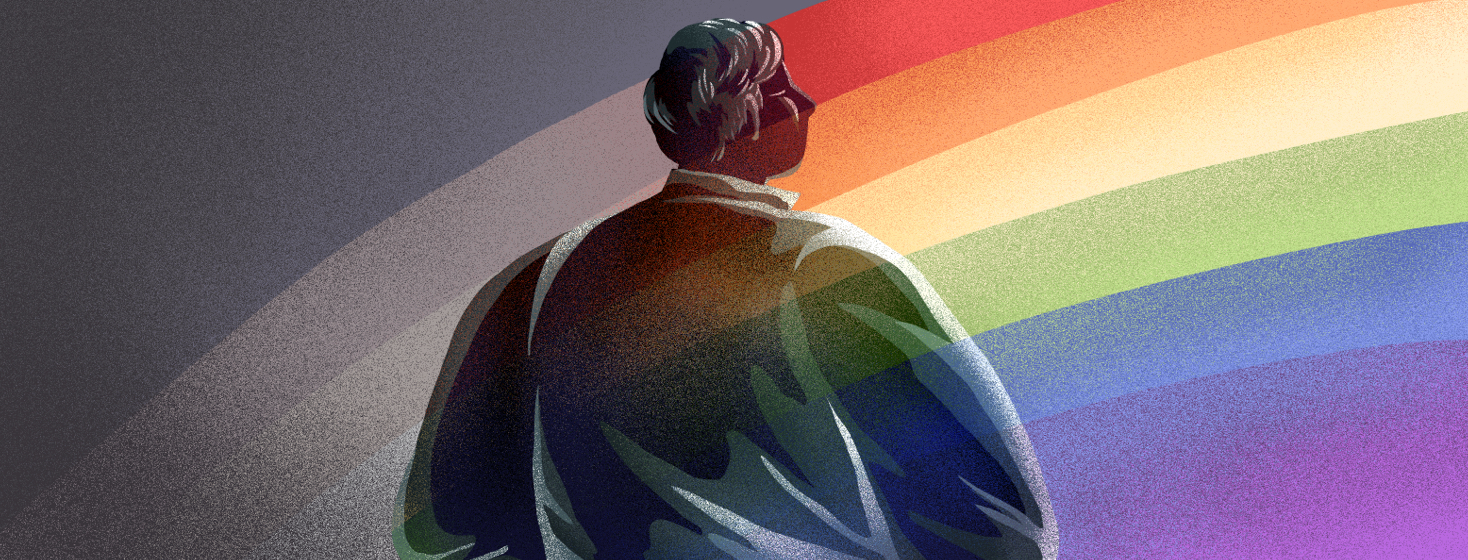Discrimination May Mean Life and Death: Being a Gay Man with Lupus
Struggling to fight bias is a common theme as a black gay man living with lupus. I was a shy teen, but lupus brought me out of my shell. Somehow being in a support group and a supportive school took me out of my shell. As I learned to be comfortable with lupus, I became more comfortable with me. After leaving home for college, I was certainly more comfortable identifying as gay.
Speaking to friends about discrimination
My friend John also felt more comfortable away from home as a same-gender-loving man (SGL). John has lupus and is open about his sexuality in a men's support group. He told me in an interview, "We are battling a nasty disease. I prefer not to be secretive about my sexuality, especially in a support group setting. I don't want to hide who I am. I don't want to pretend."
It's certainly one thing to be open to support group members, and another to open up with a doctor - because the doctor-patient relationship is personal. I used to hide my sexuality from my doctors out of fear of rejection. I don't hide anymore.
When I asked John about this, he told me the story of a doctor shaming him about his identity. Mike, another member of the support group, said he is open about his same-sex relationship and has not been the victim of discrimination. Mike made a good point during our conversation: "People who want to oppress will find any excuse to do it."
It seems as though all 3 of us recognize that biased treatment exists in the medical community. Still, somehow we have the strength to be open. I know firsthand.
Judgmental doctors
In 2009, my partner took me to my family doctor. I had trouble speaking and occasionally trouble breathing. Once my doctor called on me, she motioned for my partner to go back to the waiting room. I told her in my deep and raspy voice that he was my partner. She blocked him and motioned me to a room.
Once she examined me, she saw my geographic tongue. Assuming that I had an STI or AIDS, her hands shook, and her mouth cringed as she took samples of my patchy white tongue and red throat. With the face of an evil stepmother, she said, "I am going to give you an HIV test…this is a fungus."
She let me leave her office after the back and forth between that doctor and me. That night, I almost died of anaphylaxis. I had millimeters of airway left which explained my shortness of breath. The next day, the family doctor told my mother I had strep throat.
Gender identity and sexual orientation in medicine
"Don't ask, don't tell" occurs as a rule of thumb for many physicians, according to Dr. Mark Thrun in the NPR radio broadcast, "Are You LGBT? Simple Question Has Profound Health Care Impact," by Nathan Heffel.1 "Physicians and clinicians are afraid to bring up sexual orientation or gender identity because they're afraid they're going to offend somebody." said Thrun.
It is ultimately important to be open, especially if the patient is married or partnered. The conversation in that examination room is private and confidential, but there may be a period when a spouse may need to come into the room or communicate with the doctor.
Serious lupus consequences
People living with lupus may suffer from severe disease and even life-threatening disease activity. Since stress can trigger a lupus flare, it is very important to reduce anxiety and stress. I certainly believe that the stress triggered my first lupus flare.
Building a relationship with a doctor is very important for people with lupus. I consider some of my doctors, even my financial advisor, as part of my family. As such, finding a doctor who will look at you as a whole person with no bias is important. It's important to establish your chosen family. It's important to live a stress-less life.

Join the conversation